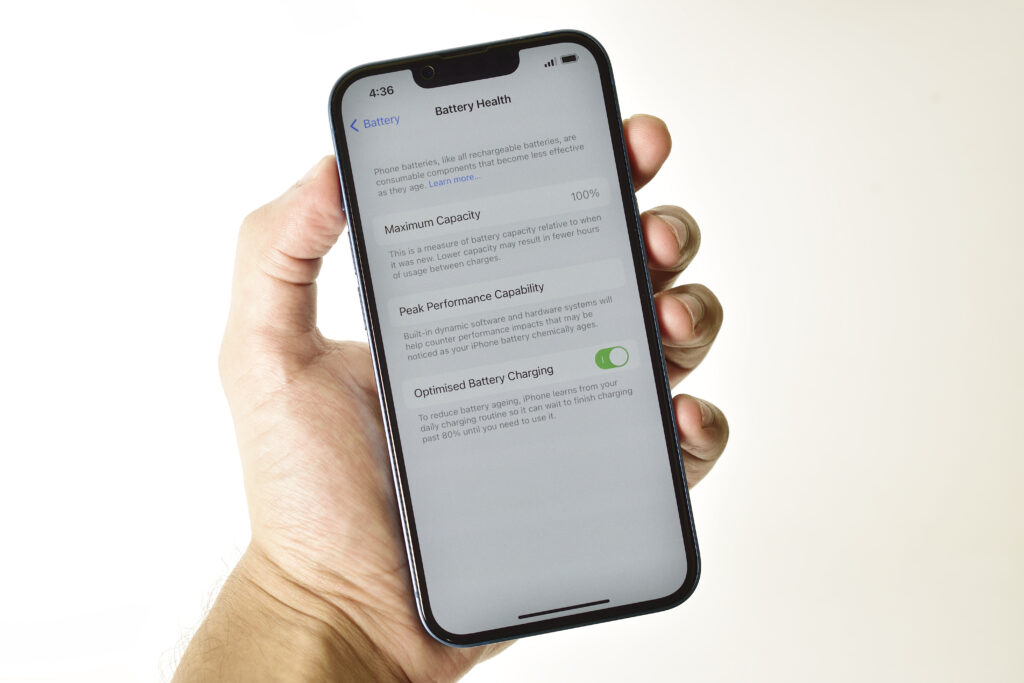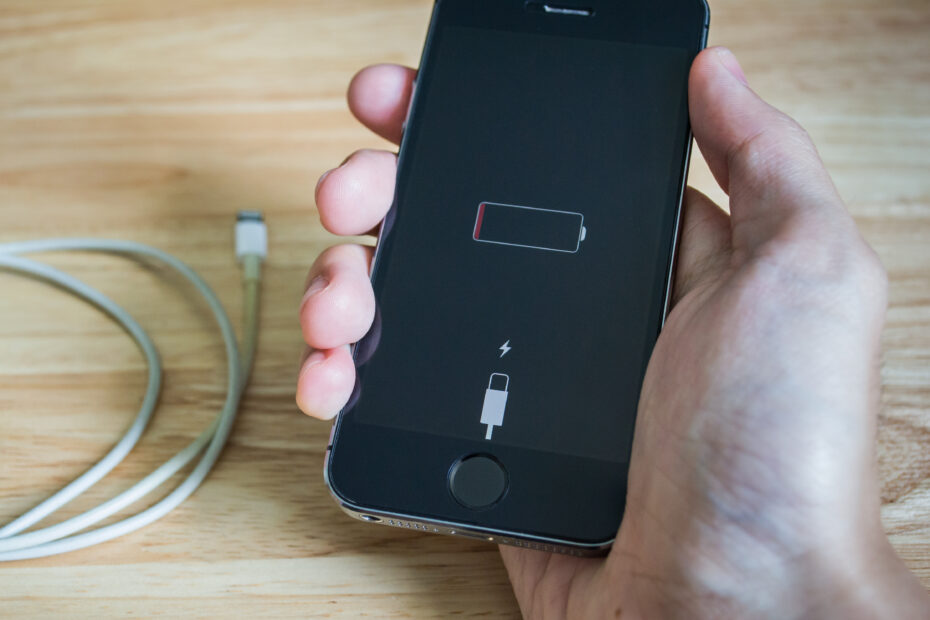Are you worried that using a VPN will drain your battery? Worry no more!
This blog post will look at how VPNs can save battery life by encrypting your data and reducing the power needed to process it. Read on to learn more about how VPNs can help save battery life.
Will a VPN Drain Battery?
Using a VPN on your mobile device will consume more battery life than not using one, but the extent depends on several factors.
On average, a VPN will use around 15% more battery when connected. For example, if you have the VPN on but do nothing, it will use virtually no battery, but if you are actively browsing with it, it will use more battery. If you want to reduce battery drain while using a VPN, you can turn off your VPN when not in use, lower your connection speed, and enable Battery Saver Mode.
Factors That Affect Battery Drain
The factors that affect battery drain while using a VPN are numerous.
Connecting to distant servers
When it comes to battery drain, one of the most important factors is how far away your VPN server is located. Connecting to distant servers takes more time and effort from your device, which will consume more battery power.
This is because the data between your device and the server needs to be encrypted, transmitted, and decrypted. Furthermore, if your VPN connection is slow, you can expect more battery drain due to the longer transmission times.
Data encryption and transmission
Data encryption and transmission are important factors to consider when it comes to battery drain. When a VPN is active, the data needs to be encrypted, decrypted, and transmitted over the internet.
This process requires more energy and can be quite demanding on your smartphone’s battery.
When testing how a VPN affects battery life while downloading, users should expect their battery to drain faster than when browsing or streaming video. This is due to the data encryption and transmission processes used for downloads, which can require more processing power and consume more battery life.
However, with the right settings and a little optimization, users can still minimize the impact on their battery. For example, they can lower their connection speed, enable Battery Saver mode, or turn off their VPN when not in use.
Testing video streaming is a great way to get a feel for how each VPN will affect your smartphone battery life.
It’s also worth noting that some VPNs allow you to choose slightly less secure 128-bit encryption, which can help reduce battery drain.
The battery use will also depend on the strength of your cellular signal, the VPN encryption level, and your phone model.
Background activity of the VPN app
The background activity of the VPN app can also affect battery drain. This occurs when the VPN runs in the background, even if you’re not actively using it.
The app’s processes are actively working to keep your connection secure and maintain anonymity, which can use up more battery power. To minimize this effect, you should ensure that any VPN apps are optimized to use minimal resources when running in the background.
How to Minimize Battery Drain

Fortunately, there are a few ways to minimize the battery drain caused by your VPN.
Turn off your VPN when not in use
One of the best ways to reduce the battery drain caused by a VPN is to turn it off when you are not using it. As most VPNs work in the background, they can continue to use power even when you are not actively connected.
Turning off the VPN app when you are not using it will help conserve your battery life. Additionally, suppose you have a VPN service that allows certain apps or sites. In that case, you can also configure it only to activate when you visit those sites or use those apps, further reducing its impact on your battery life.
Lower your connection speed
Lowering your connection speed is another way to reduce battery drain when using a VPN. A higher connection speed requires more power, so reducing it can help conserve battery life. You can usually adjust your connection speed in the settings of your VPN app.
The exact settings will depend on the type of VPN you are using, but you should generally be able to find a setting that allows you to lower the connection speed. To be safe, you may want to test different settings to see what works best.
Additionally, if you are using a VPN for video streaming, try reducing the resolution of the video stream, as this will also help reduce battery consumption.
Enable Battery Saver Mode
Enabling Battery Saver Mode is a great way to reduce VPN battery drain. This feature is available on most VPN apps and will pause the VPN when the device’s screen is blank. This will cause the VPN to disconnect but still allow you to remain connected to a local network.
You can reduce battery consumption by setting your VPN connection to a lower speed if you have an Android device. This will reduce the amount of data that needs to be encrypted and transmitted, reducing your battery usage.
Conclusion
In conclusion, using a VPN on your device can affect your device’s battery life compared to not using one. The drain can range from 5% to 15%, and the amount of drain depends on factors such as the protocols used, the server’s distance, and the VPN app’s background activities.
To minimize battery drain, it is recommended to turn off your VPN when not in use, lower your connection speed, and enable Battery Saver Mode. Different drain levels can be seen with video streaming, downloading, and web browsing.
Lastly, if you are using a VPN on an iPhone, you may be able to save some battery life by enabling Low Data Mode.




